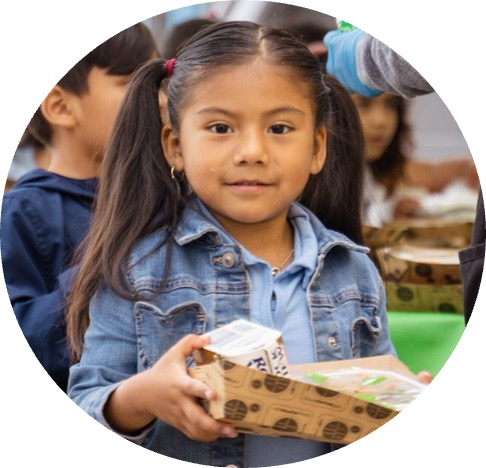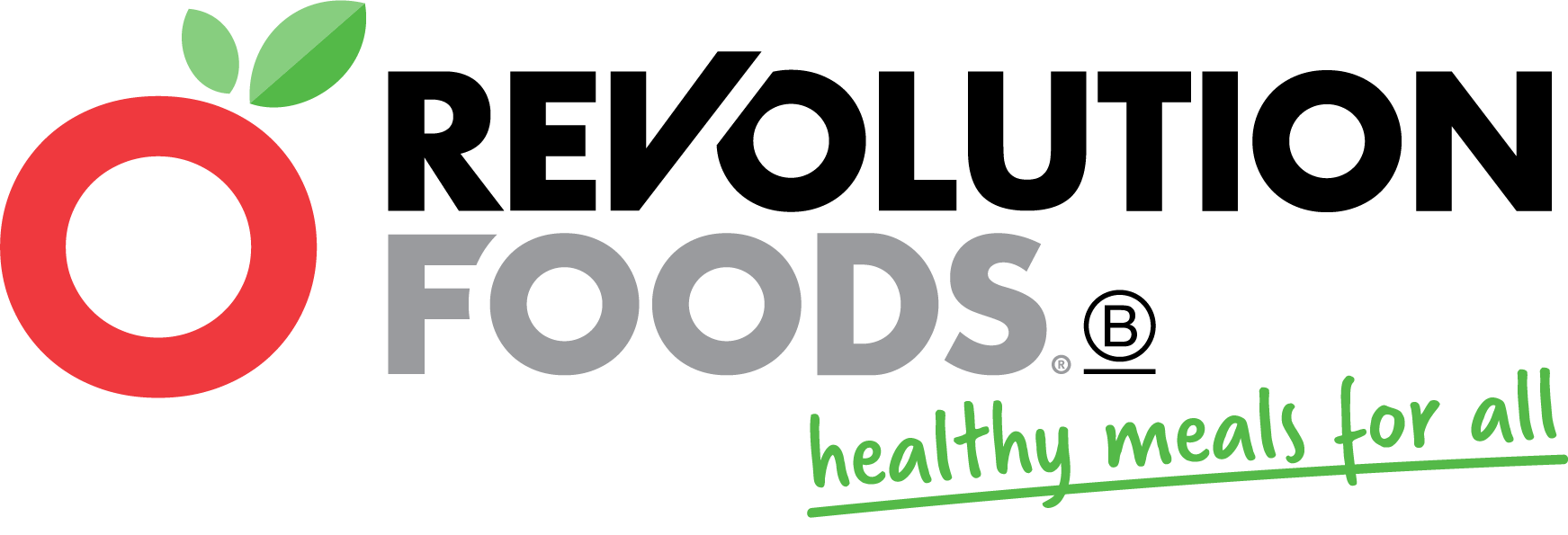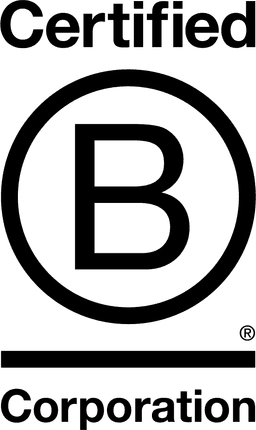

Revolution Foods

1.6
California, United States
March 2011
Food products
Manufacturing
United States
Founded in 2006, Revolution Foods, a Public Benefit Corporation and Certified B Corporation, is the leading provider of fresh vended meals for schools and senior citizens in California and Nevada. Revolution Foods serves well over 200K fresh meals per day to Charter Schools, Public School Districts, Senior Centers, and Community Based Organizations. The Company and its more than 800 employees are committed to serving fresh, healthy, delicious, meals accessible to all. We are a growing, mission-driven company that strives to employ self-motivated, mission-driven employees who are committed to improving communities through equitable access to nutritious food. As of July 1, 2023, Revolution Foods, PBC, operates from 2 production centers in California (SoCal: Commerce, NorCal: San Lorenzo) and 1 distribution center in Las Vegas, NV.
Overall B Impact Score
Governance 16.5
Governance evaluates a company's overall mission, engagement around its social/environmental impact, ethics, and transparency. This section also evaluates the ability of a company to protect their mission and formally consider stakeholders in decision making through their corporate structure (e.g. benefit corporation) or corporate governing documents.
What is this? A company with an Impact Business Model is intentionally designed to create a specific positive outcome for one of its stakeholders - such as workers, community, environment, or customers.
Workers 17.6
Workers evaluates a company’s contributions to its employees’ financial security, health & safety, wellness, career development, and engagement & satisfaction. In addition, this section recognizes business models designed to benefit workers, such as companies that are at least 40% owned by non-executive employees and those that have workforce development programs to support individuals with barriers to employment.
Community 11.2
Community evaluates a company’s engagement with and impact on the communities in which it operates, hires from, and sources from. Topics include diversity, equity & inclusion, economic impact, civic engagement, charitable giving, and supply chain management. In addition, this section recognizes business models that are designed to address specific community-oriented problems, such as poverty alleviation through fair trade sourcing or distribution via microenterprises, producer cooperative models, locally focused economic development, and formal charitable giving commitments.
Environment 7.5
Environment evaluates a company’s overall environmental management practices as well as its impact on the air, climate, water, land, and biodiversity. This includes the direct impact of a company’s operations and, when applicable its supply chain and distribution channels. This section also recognizes companies with environmentally innovative production processes and those that sell products or services that have a positive environmental impact. Some examples might include products and services that create renewable energy, reduce consumption or waste, conserve land or wildlife, provide less toxic alternatives to the market, or educate people about environmental problems.
Customers 45.1
Customers evaluates a company’s stewardship of its customers through the quality of its products and services, ethical marketing, data privacy and security, and feedback channels. In addition, this section recognizes products or services that are designed to address a particular social problem for or through its customers, such as health or educational products, arts & media products, serving underserved customers/clients, and services that improve the social impact of other businesses or organizations.
What is this? A company with an Impact Business Model is intentionally designed to create a specific positive outcome for one of its stakeholders - such as workers, community, environment, or customers.